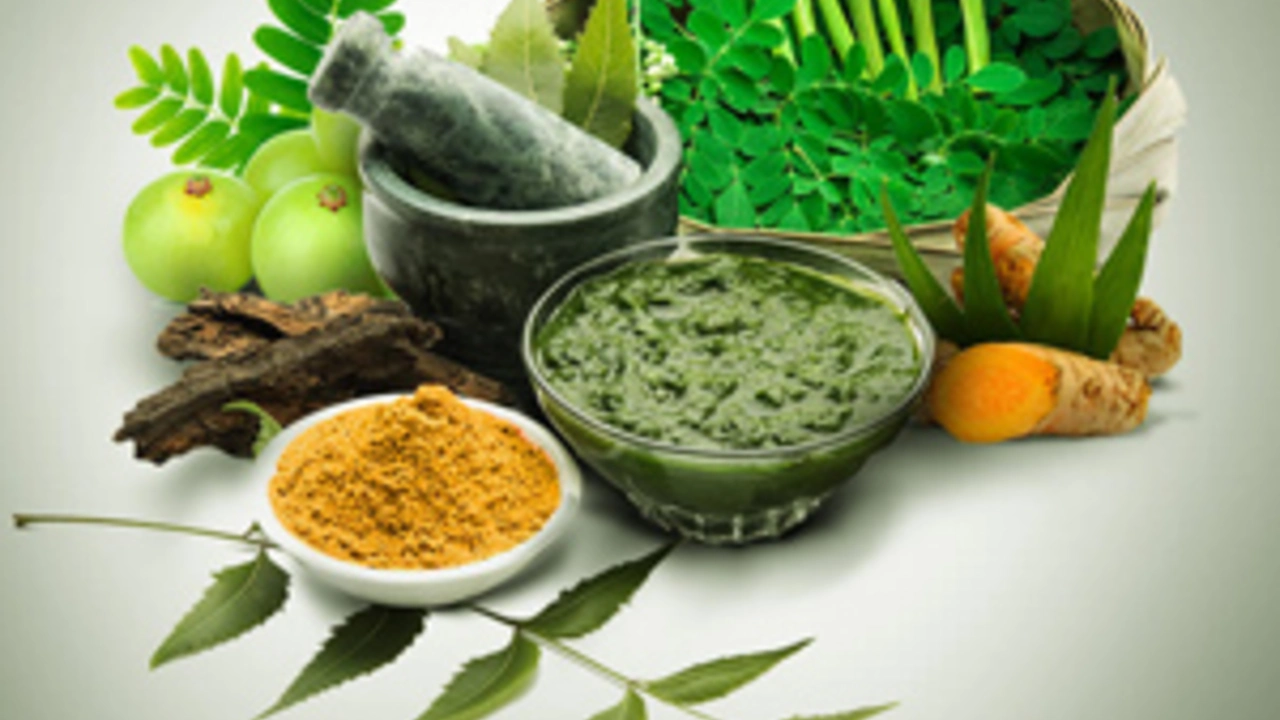Natural Alternatives: Easy, Safe Swaps for Everyday Medications
Ever wonder if you can skip a prescription pill and use something from your kitchen instead? You’re not alone. Millions look for natural alternatives that are cheap, easy to find, and have fewer side effects. Below you’ll get straight‑forward options for common drug categories, plus tips on when a natural route makes sense.
Why Give Natural Alternatives a Try?
First, many plant‑based compounds act on the same pathways as prescription drugs. For instance, the menthol in peppermint can relax gut muscles much like an over‑the‑counter antispasmodic. Second, natural products tend to be gentler on the gut and liver, which means fewer long‑term worries. Finally, they’re usually cheap and widely available – you probably already have most of the ingredients at home.
That said, ‘natural’ isn’t a free pass. You still need to check doses, watch for allergies, and know when a condition needs a doctor’s attention. If your symptoms are severe, keep the prescription in the loop.
Top Natural Swaps for Common Meds
Headache relief – Instead of reaching for ibuprofen, try a cup of ginger tea or a few drops of peppermint oil on your temples. Both have anti‑inflammatory properties and can calm the pain quickly.
Heartburn – Baking soda mixed with water (½ tsp in 8 oz) neutralizes stomach acid just like antacids. For a longer‑term fix, chew a few slices of raw apple or sip aloe juice before meals.
Cold and flu – Vitamin C from oranges, bell peppers, or a small handful of raw kale gives the immune system a boost similar to OTC decongestants. Add a drizzle of honey and lemon to hot water for a soothing throat coat.
Minor anxiety – Instead of a prescription benzodiazepine for short‑term stress, try chamomile tea or a magnesium‑rich snack like pumpkin seeds. Both help calm the nervous system without sedation.
Insomnia – A tablespoon of tart cherry juice or a warm glass of milk before bed supplies melatonin and tryptophan, helping you fall asleep naturally without sleeping pills.
When you replace a drug, start with a low dose of the natural option and see how you feel. Keep a simple log: date, dose, and symptom rating. This record helps you decide if the swap works or if you need a professional’s advice.
Remember to talk to a pharmacist or doctor if you’re already on prescription meds. Some herbs can interact with blood thinners, diabetes drugs, or blood pressure pills. A quick check can prevent unwanted side effects.
In short, natural alternatives are a handy toolbox for everyday aches, colds, and stress. They’re affordable, usually safe, and can reduce your reliance on pills. Use the suggestions above, stay observant, and you’ll find a balance that keeps you feeling good without the pharmacy line.

